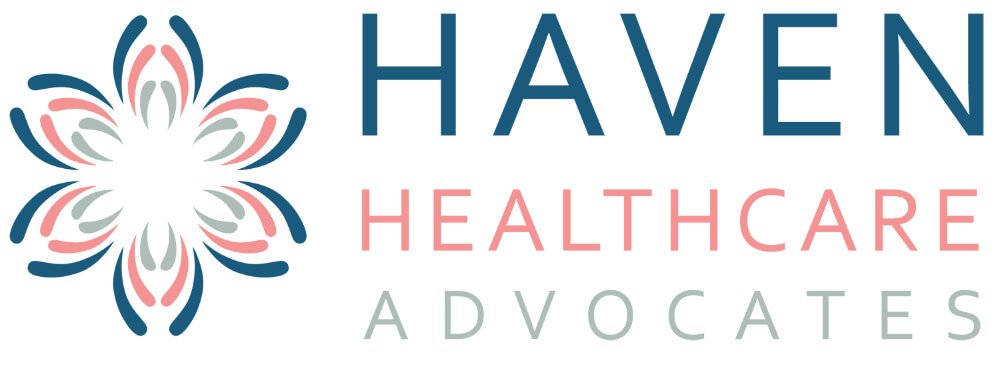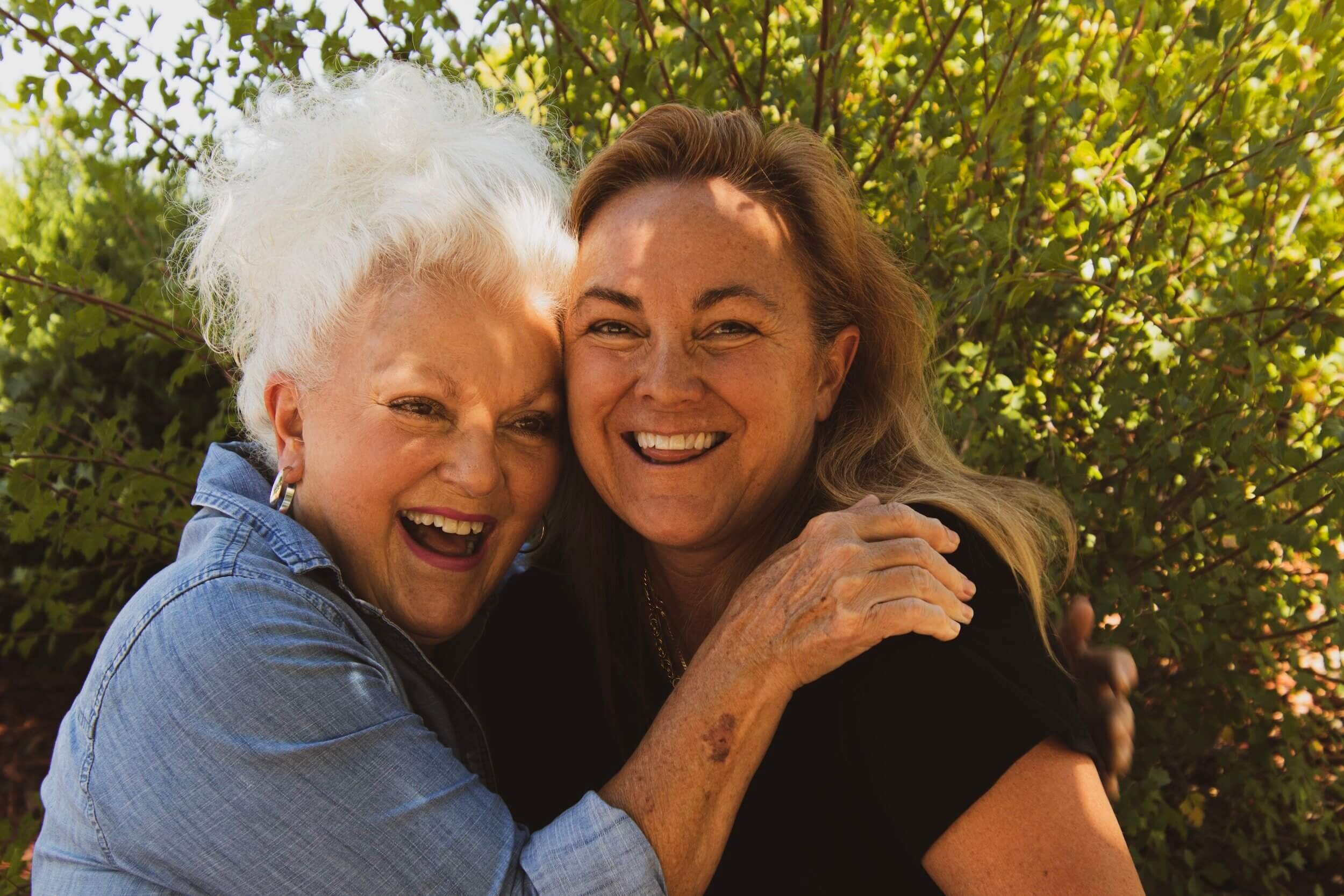Preventing Caregiver Burnout: Essential Strategies for Self-Care
November is National Family Caregivers Month. As a caregiver, your dedication and selflessness are invaluable in providing support and care to your loved one. However, it's crucial to remember that your well-being is equally important. Caregiver burnout is a real concern, and it can affect both you and the person you're caring for. In this blog post, we'll explore some essential strategies to prevent caregiver burnout and prioritize your own health and happiness.
Preventing Caregiver Burnout
1. Accept Help:
One common mistake caregivers make is trying to do it all alone. Don't hesitate to reach out to friends and family for support. Accepting help with tasks, even if they seem small, can alleviate some of the stress and pressure.
2. Set Realistic Expectations:
It's important to acknowledge your limitations. Be realistic about what you can and cannot do. Setting attainable goals and boundaries will prevent you from feeling overwhelmed.
3. Self-Care is Non-Negotiable:
Remember that self-care isn't selfish; it's necessary. Make time for yourself to recharge, whether it's reading a book, taking a short walk, or practicing mindfulness. Prioritizing your mental and physical well-being will enable you to be a better caregiver.
4. Seek Professional Help:
Don't hesitate to consult a healthcare professional or therapist for guidance. They can provide you with strategies for managing stress and coping with the emotional challenges of caregiving.
5. Join Support Groups:
Connecting with others who are in similar caregiving situations can be incredibly beneficial. Support groups provide a space to share experiences, seek advice, and find emotional support from people who understand what you're going through.
6. Stay Informed:
Educate yourself about the condition or illness your loved one is facing. Understanding their needs and what to expect can help reduce anxiety and make caregiving more manageable.
7. Time Management:
Organize your schedule and prioritize tasks. Efficient time management can help reduce stress and prevent feeling overwhelmed by an ever-growing to-do list.
8. Healthy Lifestyle Choices:
Maintain a balanced diet, engage in regular physical activity, and get enough sleep. These foundational elements of self-care are vital in preventing burnout.
9. Respite Care:
Consider respite care services to allow yourself a break. This can provide you with the opportunity to rest and recharge while ensuring your loved one's needs are still met.
10. Communicate:
Open and honest communication is key. Discuss your feelings and concerns with your loved one, family, and healthcare professionals. Don't be afraid to ask for help or delegate tasks when necessary.
11. Plan for the Future:
Consider long-term plans and options for your loved one's care. Having a clear plan can reduce uncertainty and alleviate stress.
12. Hire a Healthcare Advocate:
Although a healthcare advocate will not provide direct care, an advocate can take over some of tasks a caregiver performs, allowing you, the caregiver, more time to focus on your self-care. An advocate can make and attend appointments, manage care, complete paperwork, advocate for your loved one and much more.
Conclusion
Preventing caregiver burnout is essential for your well-being and the quality of care you provide to your loved one. By implementing these strategies and seeking support when needed, you can maintain a balance that ensures you're both a compassionate caregiver and a healthier, happier individual. Your dedication is commendable, and it's important to take care of yourself to continue providing the support your loved one deserves.
At Haven Healthcare Advocates we strive to make sure clients and families have all the information they need, and they understand the information they have, in order to make the best healthcare decisions. We coordinate care to make sure nothing falls between the cracks. Whether someone is faced with a complicated healthcare issue or crisis, caring for an aging or sick parent, caring for a special needs child, transitioning from hospital, to rehab, to home, or is looking for resources or second opinions, our team of nurses is available to help. We provide peace of mind, so families can enjoy time with their loved ones.
To learn more about Haven Healthcare Advocates and the services we provide please visit our website at www.havenhca.com or click here to schedule a consultation.

